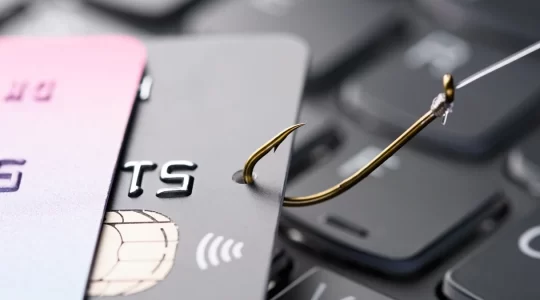Should you Co-Sign for a Loan?
When a friend or relative asks you to co-sign for a loan with them, it can be a difficult request to respond to. Most people do not want to ignore a friend or family member in need, but co-signing comes with risks. There are many factors to consider before making a decision.
What are the risks?
One risk that you may incur when co-signing is the primary applicant making the payments late or not at all. Even if the primary applicant is the one who is supposed to make the payments, late or non-payments may still be recorded on your credit report, which can lower your credit score. If the primary applicant stops paying, you may also start to experience collection activity, such as phone calls from the creditor. You could even be sued. The creditor is under no obligation to try to collect from the primary applicant before taking action against you. If he or she stops making payments, do you have the money to pay the bill? If not, co-signing may not be a good idea.
Even if the primary applicant makes all of the payments on time, you may still be affected if you are planning to apply for credit yourself in the future. When you apply for some types of credit, like a mortgage, many lenders consider how much debt you already have in deciding whether to lend to you and how much to lend to you. In general, the higher your debt payments, the less money you can borrow. Lenders commonly include debt you co-signed for in calculating your level of debt, even if you are not the one paying it. (However, some lenders will ignore co-signed debt if you have proof that the primary applicant is making all of the payments.) This means that you may not borrow as much money as you could have if you had not co-signed.
Why does the person need a co-signer?
You probably would not co-sign if you knew the person asking you would not make the payments, but how do you know ahead of time if he or she will? A low credit score can be seen as a sign that the person will not repay the debt. It is also helpful to consider why the person has a low score. Was he or she not able to pay previous bills due to losing a job but has a well-paying job now? Is he or she still struggling with bill-paying due to purchasing an expensive house, fancy car, or luxury goods put on credit cards? A person who had problems in the past, but corrected them, is probably less of a risk than someone who continues to experience difficulties or exhibit poor financial habits. If the person has no credit score, you obviously cannot examine past credit use, but you can consider how conscientious he or she has been in other things, such as in saving money and paying household bills, when deciding if you should co-sign.
What are you being asked to co-sign for?
Is your daughter who just graduated from college asking you to co-sign for an apartment so that she will have a place to live or for a $2,000 loan so that she can buy a big screen television? Ask yourself if the person can do without what you are being asked to co-sign for. It may not make sense to put yourself at risk if what you are co-signing for is not even a necessity. The person should be able to work on building his or her credit score so that a co-signer will not be needed to get credit in the future.
Minimizing the risks
If you would like to co-sign, but have concerns, there are steps you can take to minimize your risk. One way would be to pay the creditor directly yourself and have the person send the money to you. He or she could send the payments to you late, but your credit score would not be affected as long as you send the payments to the creditor on time. Another option would be to choose a lender that allows you to see the account information on-line. This allows you to check the status of the account before the due date to see if the payment has been made, instead of waiting for the creditor to call you after the account has become delinquent. If you see that no payment was made yet, you can make it yourself.
Co-signing can help a friend or relative in need, but it comes with risks. Understanding what the risks are, and why the person needs a co-signer, can help you make an informed decision and not unnecessarily jeopardize your financial future.
For additional financial articles, check out our financial fitness resources.



